Roman Mann
Birth : 1911-10-19, Lemberg, Galicia, Austria-Hungary [now Lviv, Ukraine]
Death : 1960-03-11
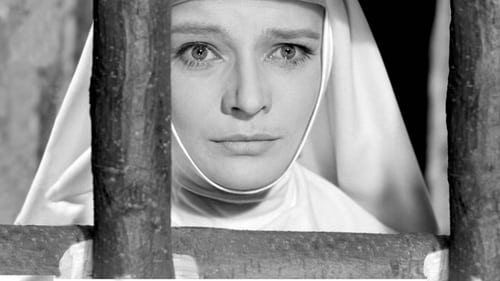
Costume Design
A priest is sent to a small parish in the Polish countryside which is believed to be under demonic possession and there he finds his own temptations awaiting.

Production Design
A priest is sent to a small parish in the Polish countryside which is believed to be under demonic possession and there he finds his own temptations awaiting.

Art Direction
A priest is sent to a small parish in the Polish countryside which is believed to be under demonic possession and there he finds his own temptations awaiting.

Costume Design

Production Design
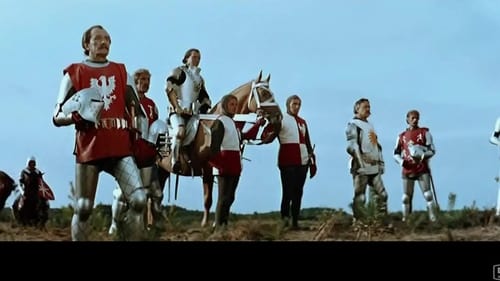
Production Design
A tale of a young impoverished nobleman, who with his uncle returns from a war against the order of the Teutonic Knights in Lithuania. He falls in love with a beautiful woman and pledges an oath to bring her "three trophies" from the Teutonic Knights.
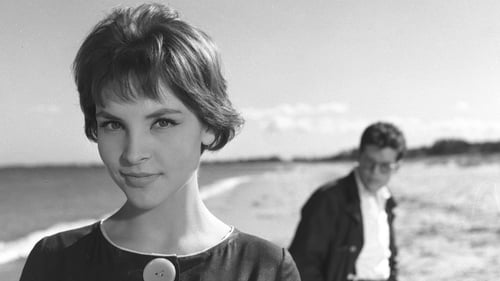
Production Design
Jacek is a handsome, charming young Pole who belongs to a drama company. One day, in the streets of Gdansk, he meets Marguerite, a beautiful, charming French girl. He falls for her but the young lady is whimsical...

Production Design
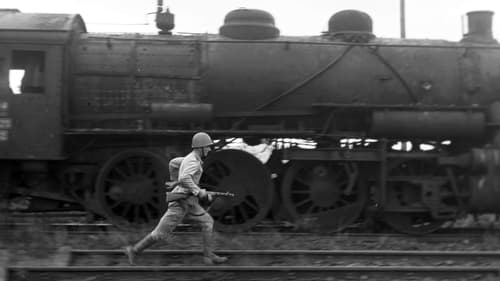
Production Design
Three episodes showing the repercussions of war. A soldier is awarded with the Cross of Valor and vacation to home. But instead of his village, he finds only the charred ruins. A stray dog turns out to be the former guard at Auschwitz. A young widow is hailed as the wife of the hero but dreams of something else.
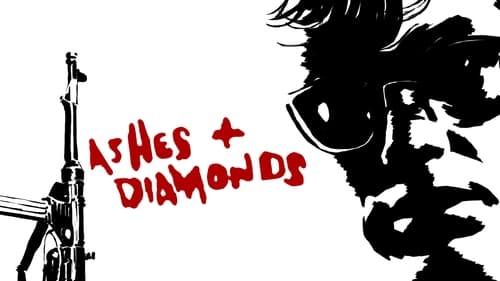
Production Design
A young academy soldier, Maciek Chelmicki, is ordered to shoot the secretary of the KW PPR. A coincidence causes him to kill someone else. Meeting face to face with his victim, he gets a shock. He faces the necessity of repeating the assassination. He meets Krystyna, a girl working as a barmaid in the restaurant of the "Monopol" hotel. His affection for her makes him even more aware of the senselessness of killing at the end of the war. Loyalty to the oath he took, and thus the obligation to obey the order, tips the scales.

Production Design
Zbigniew Cybulski and Sonja Ziemann play lovers struggling to find happiness and privacy in overcrowded Warsaw. The movie shows an honest picture of life in a war-damaged city, contrasting the characters' difficulties with their dreams of a better life. It was banned in Poland in 1958 and would not been seen anywhere until its European release one year later.
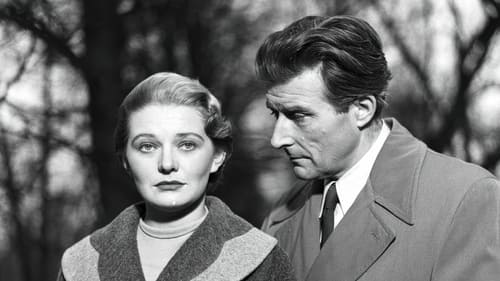
Production Design
Roza marries a promising young architect, Juliusz ; for a few months, they have a blissful life together. Then World War II breaks out and within weeks Juliusz is deported to a concentration camp. Months, and then years go by, until Roza abandons any hope that her husband might return. She meets and falls in love with another man, and tries to put her life back together, but one day, unexpectedly, Juliusz does return - a shattered, mere ghost of his former self, physically crippled and tormented by memories of the camps. First out of duty, then out of pity, Roza starts to care for him, but her feelings slowly are transformed into a kind of revulsion
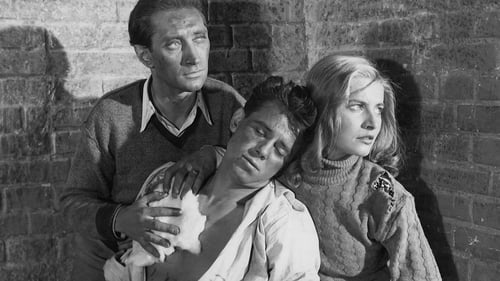
Production Design
During the last few days of the Warsaw Uprising following World War II, a modest group of Resistance members remains. The band must take refuge in the sewers under the orders of leader Zadra, but it's only a matter of time before they will have to emerge. However, when they try, they are met only with intense hostility from the Nazis. Despite their attempts stay resolute through immense mental strain, it becomes increasingly apparent that they may be doomed.
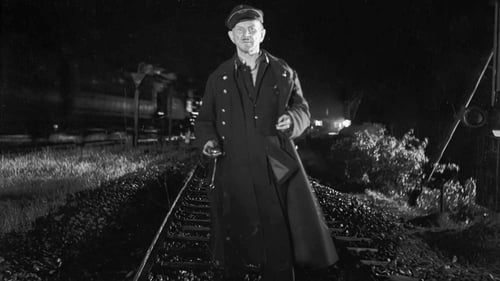
Production Design
In 1950, at night, a passenger train kills a man on the tracks. He is Orzechowski, an engineer since 1914. An inquiry immediately follows. Testimony takes the form of flashbacks. Tuszka, the station master, believes Orzechowski was a saboteur; at least one on the inquiry panel agrees. Zapora, the young engineer on the train that hit Orzechowski, gives more complicated testimony about the dead man - stiff-necked, proud, imperious, critical of Zapora and other younger workers. The signalman at the crossing where Orzechowski died also testifies. Can the panel arrive at the truth in a world where workers unite, inferior coal is a badge of honor, and the old order is suspect?

Production Design
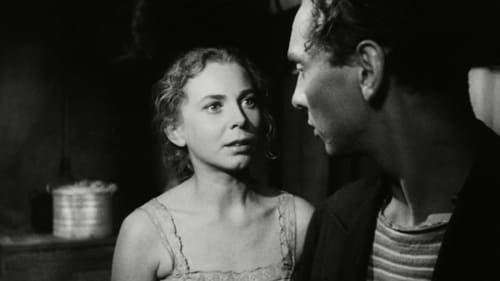
Production Design
A man has been found dead after having been hurled from a train. As security agents, police and a medical examiner piece together his identity, three accounts emerge: one set during World War II, one in the immediate aftermath of the war, and one in contemporary Poland.

Production Design
The last stage of the Cycling Race Dookoła Polski: Kielce - Warsaw. The fate of the race is at stake: the Polish team still has a chance to win, it is not far from the leading Hungarian national team, in which great cyclist Haranda rides in the yellow jersey. Only the best Pole - Popiel - can take it from him. But he is a competitor - individualist, unruly and undisciplined ...

Production Design
Karwowski, son of a pre-war colonel, is transferred from the West to Poland with the task of assembling a spy and diversion network. The task seems to be easy. However, after landing in Poland, it turns out that nobody wants to cooperate with him. Karwowski's "100% reliable" contacts with potential collaborators turn out to be completely outdated.
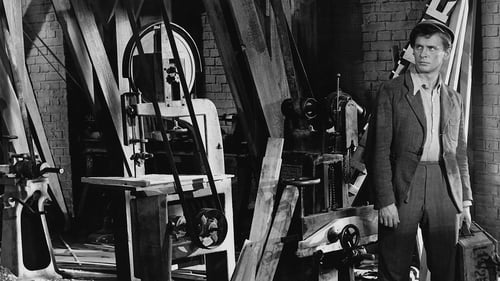
Production Design
Stach is a wayward teen living in squalor on the outskirts of Nazi-occupied Warsaw. Guided by an avuncular Communist organizer, he is introduced to the underground resistance—and to the beautiful Dorota. Soon he is engaged in dangerous efforts to fight oppression and indignity, maturing as he assumes responsibility for others’ lives. A coming-of-age story of survival and shattering loss, A Generation delivers a brutal portrait of the human cost of war.

Production Design
With the second part of his Cellulose Diptych, award-winning director Jerzy Kawalerowicz returns to protagonist Szczesny, now a full-fledged, middle-aged communist militant in pre-war Poland. Based on the writings of Igor Newerly, Kawalerowicz's epic chronicles the romance between Szczesny and the charismatic Madzia, as the ill-fated pair fall in love amid the social and political upheaval of their homeland.
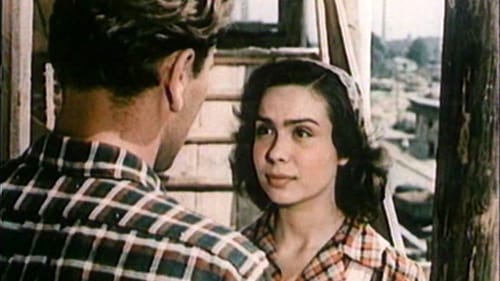
Production Design
While visiting Warsaw, Hanka falls for a record-breaking bricklayer. Soon she returns to the city to work at construction sites and prove that women's work is not worse than that of men's.
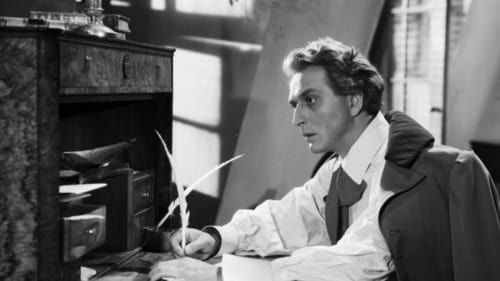
Art Direction
As directed by Aleksander Ford in 1952, this Polish-language period drama chronicles the life, times and accomplishments of revered Warsaw-born Romantic composer Frederic Chopin, here played by Czeslaw Wollejko (Danton). The feature focuses exclusively on the youth of Chopin (who died at age 39), spanning his 15th year (c. 1825) through his 21st year (c. 1831); it also depicts Chopin as both prodigiously gifted and one filled with a tremendous spirit of Polish nationalism. Ford concludes with the onset of the illness that eventually killed Ford, set against the backdrop of the famous November Uprising in 1830.
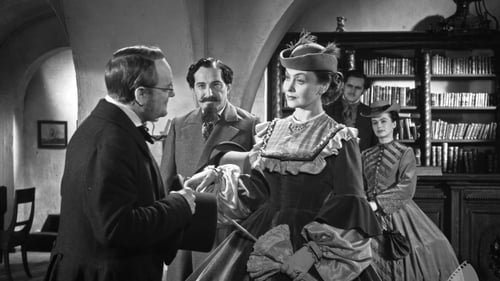
Art Direction

Production Design
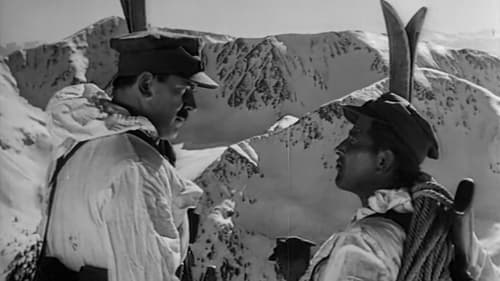
Production Design
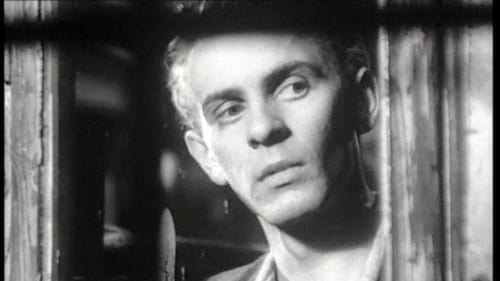
Production Design
In occupied Silesia, resistance is organizing. In close contact with the miners and led by an engineer, a group of partisans prepare the sabotage of the steel combine. The going will be tough as the place is closely guarded by the Nazis. But despite a denunciation from a traitor and several violent deaths, they get going and the operation is a success. But the Red Army is approaching and now the coal production must not be sabotaged anymore. On the contrary, the partisans must prevent the Germans from destroying the steel mill and the coal mine...

Production Design
Poland, during World War II. Martha Weiss, a Jewish woman, arrives at the Auschwitz extermination camp with her family. She is assigned the role of interpreter, but her loved ones are much less fortunate.


















